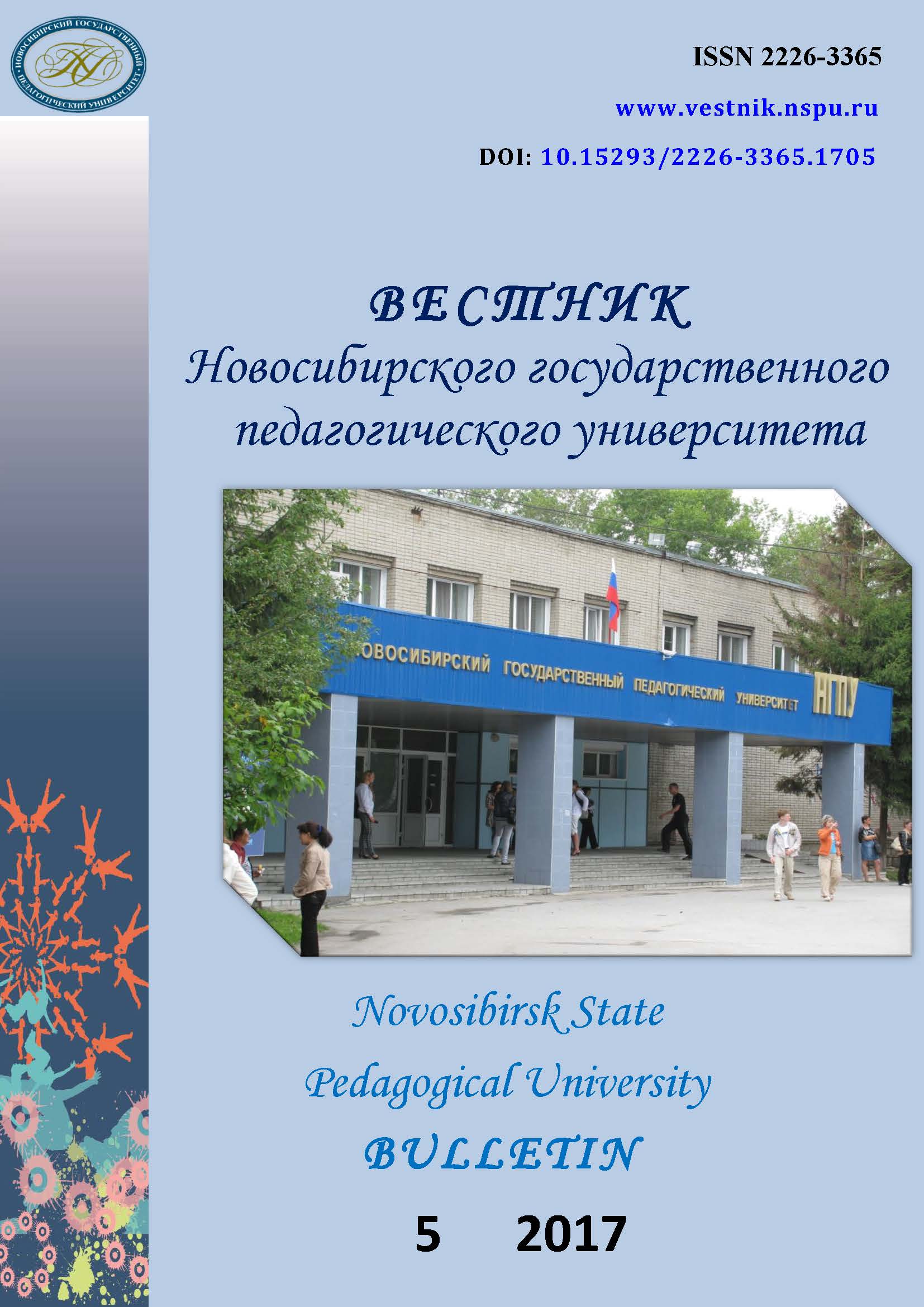Психофизиологические особенности студентов с разным типом стратегии поведения в конфликтных ситуациях
Psychophysiological features of students with different types of conflict management strategies
Author(s): Shenne Vladimirovna Kuular, Larissa Kara-Salovna Buduk-ool Subject(s): Higher Education , Individual Psychology, Personality Psychology
Published by: Новосибирский государственный педагогический университет
Keywords: Conflict; Strategy of behavior; Extroversion; Introversion; Neuroticism; Temperament; Aggressiveness; Hostility
Summary/Abstract: Introduction. The article presents psychophysiological features of students with different types of strategies in conflict situations. This theme is of increasing interest, since high academic load requires adaptive mechanisms which promote successful learning. Poor academic adaptation can lead to strong emotional stress, which ultimately affects students’ health. The mentioned factors can lead to emotional and mental stress, which, in its turn, influences students’ behavior in conflict situations. Conflict is considered to be one of the root causes of stress, stagnant emotional excitation and subsequent disintegration of physiological functions. The purpose of this study was to identify psychophysiological features of students with different types of conflict management strategies. The study involved 84 students of Tuvinian nationality of Tuva state University. Materials and Methods. The authors used the following research methods: the methodological set of the computer program "Methodology of integrated assessment of physical, mental health and physical preparedness of students of higher and further professional educational institutions" by R. I. Aizman et al. (2009) in order to measure an individual's response to conflict situations (The Thomas–Kilmann Conflict Mode Instrument); G. Eysenck Personality test, and Buss - Durkee Hostility Inventory. Results. The results suggest that the majority of students demonstrates ineffective conflict management strategy, however, quite a large number of participants indicated effective conflict management strategy. For the whole sample the dominant type of temperament was melancholic. Individuals practicing effective strategy mostly belonged to phlegmatic type of temperament. Moreover, among individuals with a neutral strategy was a high proportion of melancholic type representatives. Ineffective strategy was detected mostly among introverts. Ambivert individuals were found in the other groups. Effective conflict management strategy was detected only among extroverts. Conclusions. Individuals practicing ineffective conflict management strategy were characterized by higher level of aggression.
Journal: Вестник Новосибирского государственного педагогического университета
- Issue Year: 7/2017
- Issue No: 5
- Page Range: 67-80
- Page Count: 14
- Language: Russian

